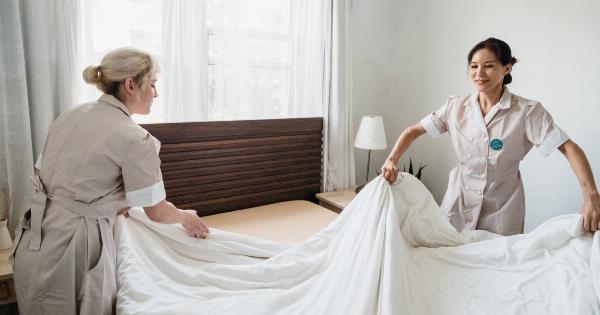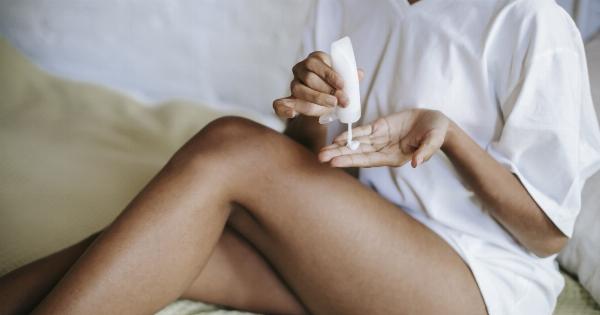While it may seem like a small task to add to your laundry routine, washing your bedding and pajamas on a regular basis is important for several reasons.
1. Hygiene
As you sleep, your body sheds dead skin cells and secretes oils and sweat. Over time, this buildup can create a breeding ground for bacteria and other microorganisms, which can cause unpleasant odors, infections, and irritations.
Washing your bedding and pajamas regularly helps to remove this buildup and reduce the risk of infection and illness.
2. Allergies and Asthma
Dust mites, pet dander, and other allergens can accumulate in your bedding and pajamas over time, causing allergic reactions and exacerbating asthma symptoms.
Washing your bedding and pajamas in hot water can help to kill dust mites and other allergens and reduce your risk of allergic reactions and asthma attacks.
3. Comfort
Have you ever climbed into bed only to be hit by a funky smell or rough texture? Washing your bedding and pajamas regularly can help to keep them soft, fresh, and comfortable to sleep in.
In addition, freshly washed bedding and pajamas can help you to relax and fall asleep faster, leading to a more restful night’s sleep.
How Often Should You Wash Your Bedding and Pajamas?
Now that you understand the importance of washing your bedding and pajamas, you may be wondering how often you should be doing so.
Bedding
It is recommended that you wash your sheets and pillowcases once a week, or every two weeks at most. This ensures that you are sleeping in a clean and hygienic environment and reduces the risk of dust mites and allergens accumulating.
If you sweat heavily at night or have a medical condition that makes you more susceptible to infections, you may want to wash your bedding more frequently.
Comforters, blankets, and other bedding items should be washed every few months, depending on the level of use and exposure to dirt and dust.
Pajamas
Like bedding, pajamas should be washed regularly to remove dead skin cells, oils, and sweat, and reduce the risk of infections and irritations.
It is recommended that you wash your pajamas after every use, especially if you sweat heavily at night or wear them during the day.
If you have multiple sets of pajamas, you can alternate between them to reduce the need for frequent washing.
Tips for Washing Your Bedding and Pajamas
To ensure that your bedding and pajamas are properly cleaned and cared for, follow these tips:.
1. Read the Labels
Before washing your bedding and pajamas, be sure to read the care labels to determine the appropriate washing temperature and drying method.
Some materials may require special care, such as hand-washing or air-drying, to prevent shrinking or damage.
2. Use Hot Water
To kill bacteria and allergens, wash your bedding and pajamas in hot water, ideally above 130°F (54°C).
For materials that cannot withstand high temperatures, you can also use a hot dryer cycle or add a disinfectant laundry additive.
3. Don’t Overload the Machine
Overloading the washing machine can prevent your bedding and pajamas from getting properly cleaned and lead to damage or wear and tear.
Be sure to follow the manufacturer’s instructions for load size and avoid cramming too much into the machine.
4. Don’t Use Too Much Detergent
Using too much detergent can lead to residue buildup, which can cause skin irritations and make your bedding and pajamas less comfortable.
Follow the manufacturer’s instructions for detergent amount and consider using a mild, fragrance-free option if you have sensitive skin.
5. Dry Properly
After washing, be sure to dry your bedding and pajamas thoroughly to prevent mildew and musty smells.
For best results, use a hot dryer cycle and remove the items promptly to prevent wrinkling and heat damage.
Conclusion
Washing your bedding and pajamas on a regular basis is essential for maintaining hygiene, reducing the risk of allergies and asthma, and promoting comfort and relaxation.
Be sure to follow the recommended washing frequency and care instructions to keep your bedding and pajamas in top condition.































